Florida’s New Condo Safety Laws Put Pressure on Both Owners and Renters
In the wake of the tragic Surfside condo collapse in 2021 that claimed 98 lives, Florida lawmakers scrambled to put new safety measures in place. Senate Bill 4D was signed into law in May 2022, aiming to address issues like underfunded reserves and delayed repairs.
This legislation has brought sweeping changes to condo safety, but it also introduced significant challenges for both owners and renters across the state.
New Building Inspections Deadline Approaches
One of the biggest changes is the requirement for building inspections. Condos three stories or higher must undergo a structural inspection after 30 years and every 10 years thereafter.
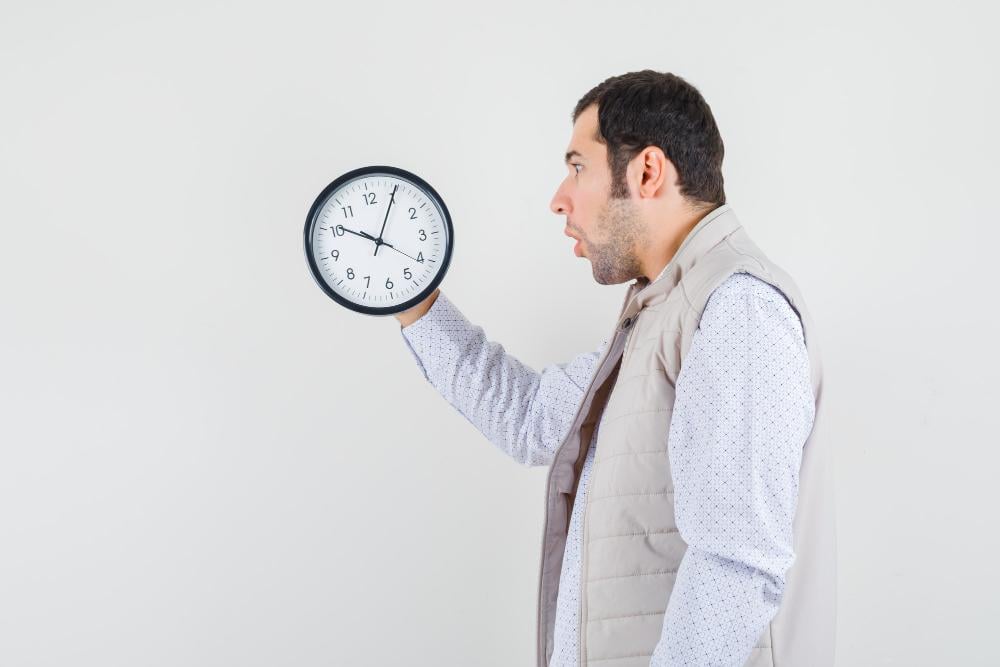
Source: Freepik
For older buildings, the deadline to complete these inspections is fast approaching—set for the end of this year. This has left many condo owners scrambling to comply, fearing the consequences of non-compliance.
Rising Assessments for Condo Owners
The cost of meeting these new safety requirements is high. Major repairs, such as concrete restoration, can cost tens of millions of dollars. If condo associations haven’t saved enough to cover these expenses, the burden falls on unit owners.
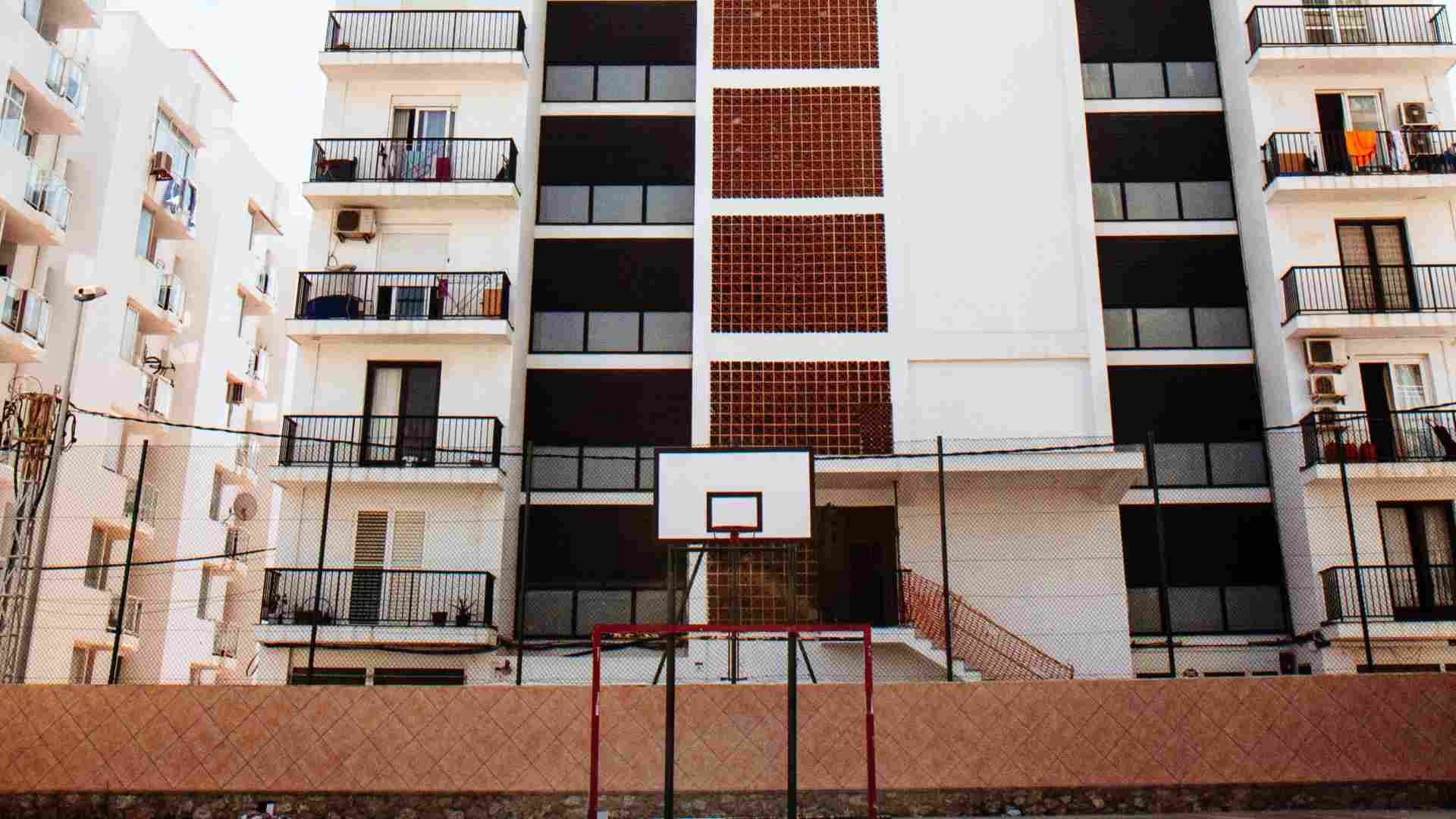
Source: Nelson Ndongala/Unsplash
This has led to skyrocketing assessments, with many owners questioning whether they can afford to stay in their homes as new fees pile up.
Condo Boards Under Stricter Scrutiny
The new laws also target corruption within condo boards, which have been accused of everything from financial mismanagement to kickbacks. Condo board members now face criminal penalties for accepting bribes or engaging in voting fraud during elections.

Source: KamranAydinov, Freepik
Associations are also required to make financial records available to all condo owners by 2026, increasing transparency and accountability in condo governance.
Renters Face Rising Eviction Rates
It’s not just condo owners feeling the pinch. Renters living in older condo buildings are also seeing the effects of these new regulations. With landlords facing massive repair bills, many are choosing to sell their units or redevelop properties entirely.

Source: Freepik
Eviction filings have spiked, with a 5% increase in the past year and an 11% surge in the past month alone, particularly in areas like Miami-Dade and Palm Beach counties.
The Affordable Housing Crisis Deepens
As landlords redevelop or sell their aging condo buildings, affordable rental units are disappearing at an alarming rate. This trend is adding fuel to Florida’s already dire housing shortage.
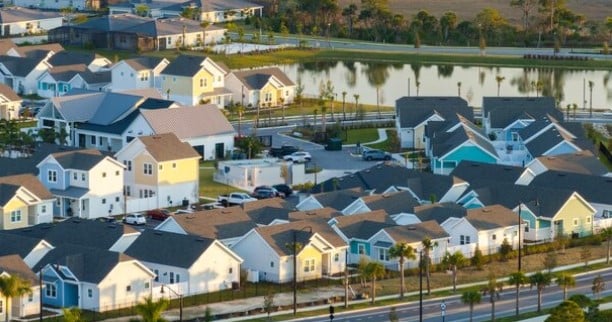
Source: Freepik
According to Eviction Lab, renters who can’t afford the rising costs are left with limited options, further straining the housing market in lower-income areas. The situation is most critical in counties like Broward and Miami-Dade.
Developers Gaining Control Over Common Areas
A controversial provision tacked onto the new law gives developers more control over common spaces in mixed-use condo buildings. Traditionally, condo associations would manage areas like pools, lobbies, and elevators.
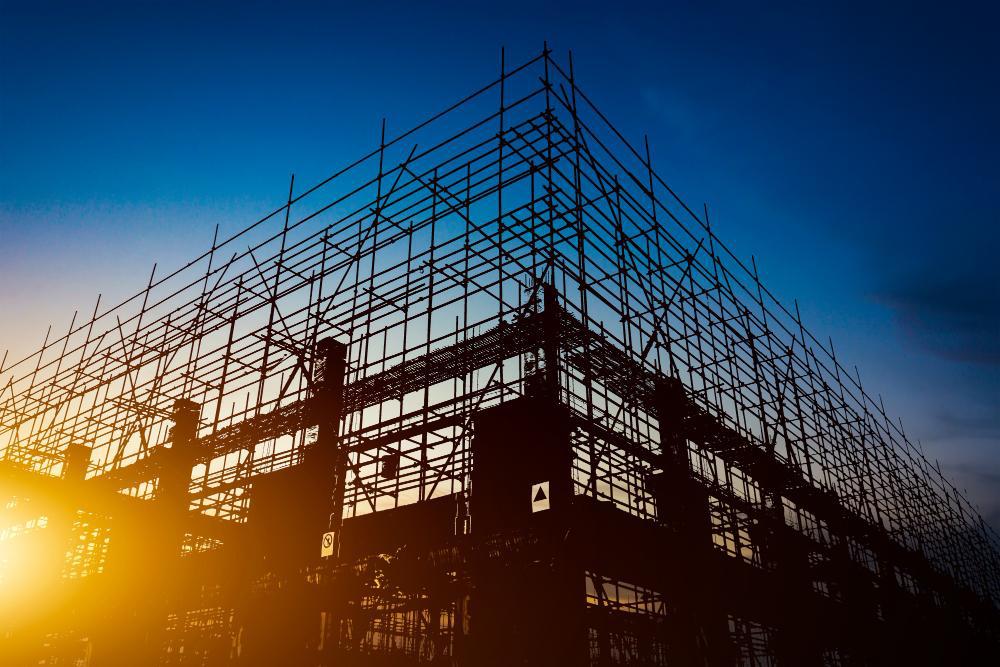
Source: Wikimedia
Now, some developers are claiming ownership of these spaces, leading to lawsuits. Condo owners are worried this will open the door to abuse, with developers raising assessments without needing board approval.
Mandatory Training for Condo Board Members
In an effort to improve governance, the new law mandates training for all condo board directors. New members must complete four hours of training on inspections, recordkeeping, and financial literacy.

Source: Freepik
Current board members are required to undergo one hour of continuing education each year. This is intended to ensure boards are well-equipped to manage both day-to-day operations and long-term maintenance needs.
Tough Choices for Condo Owners
With the cost of necessary repairs rising and assessments increasing, many condo owners are being forced to make tough decisions about whether they can afford to stay.
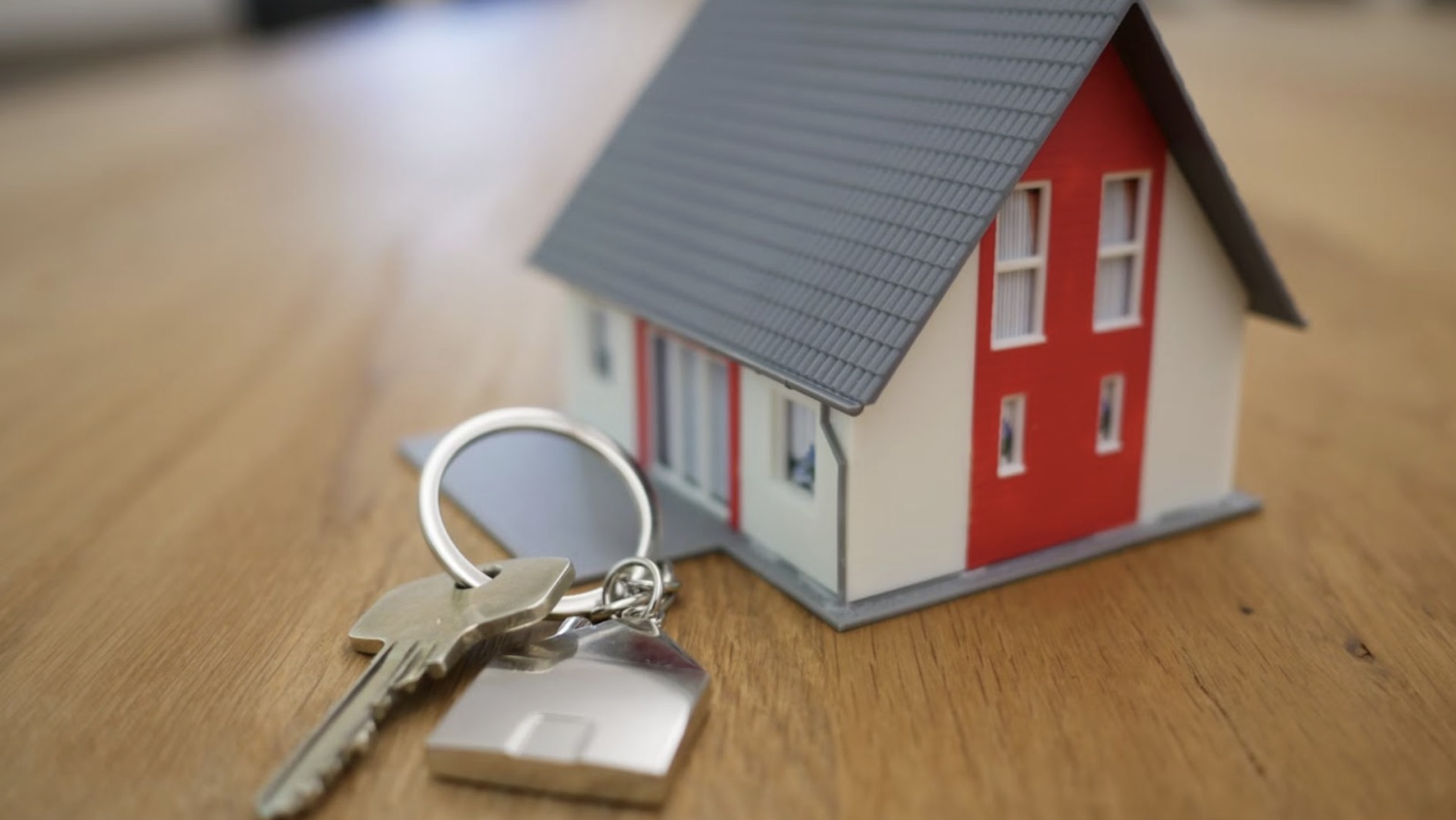
Source: Tierra Mallorca/Unsplash
Some may be able to sell their units, but with condo sales down in areas like Tampa Bay, selling at a loss is a real possibility.
The Future of Condo Living in Florida
Though the short-term impact of these new laws may be painful, experts predict that condos that survive this transition could see stronger property values in the long run.
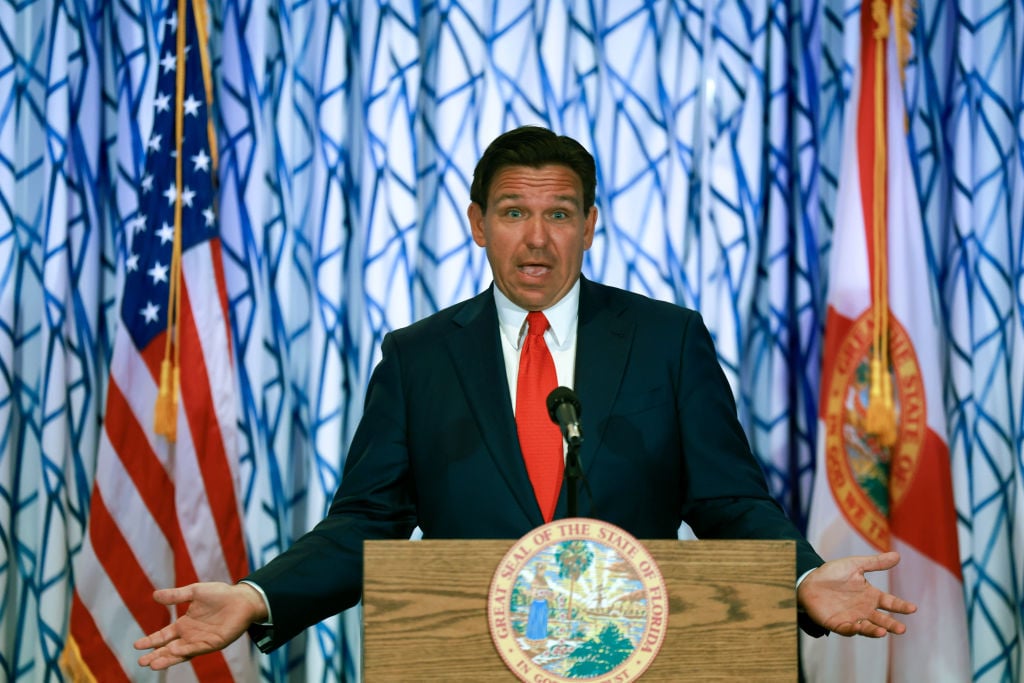
Source: Joe Raedle/Getty Images
According to housing advisor Larry Buckner, condos that comply with the new safety regulations and maintain proper reserves will likely be more attractive to buyers. However, until the dust settles, uncertainty remains in the market.
Eviction Roundtable with Gov. DeSantis
In response to growing concerns, Governor Ron DeSantis recently held a roundtable discussion in Miami Lakes to address the eviction crisis. DeSantis expressed hope that lawmakers would create a pathway for condo owners before the year ends.
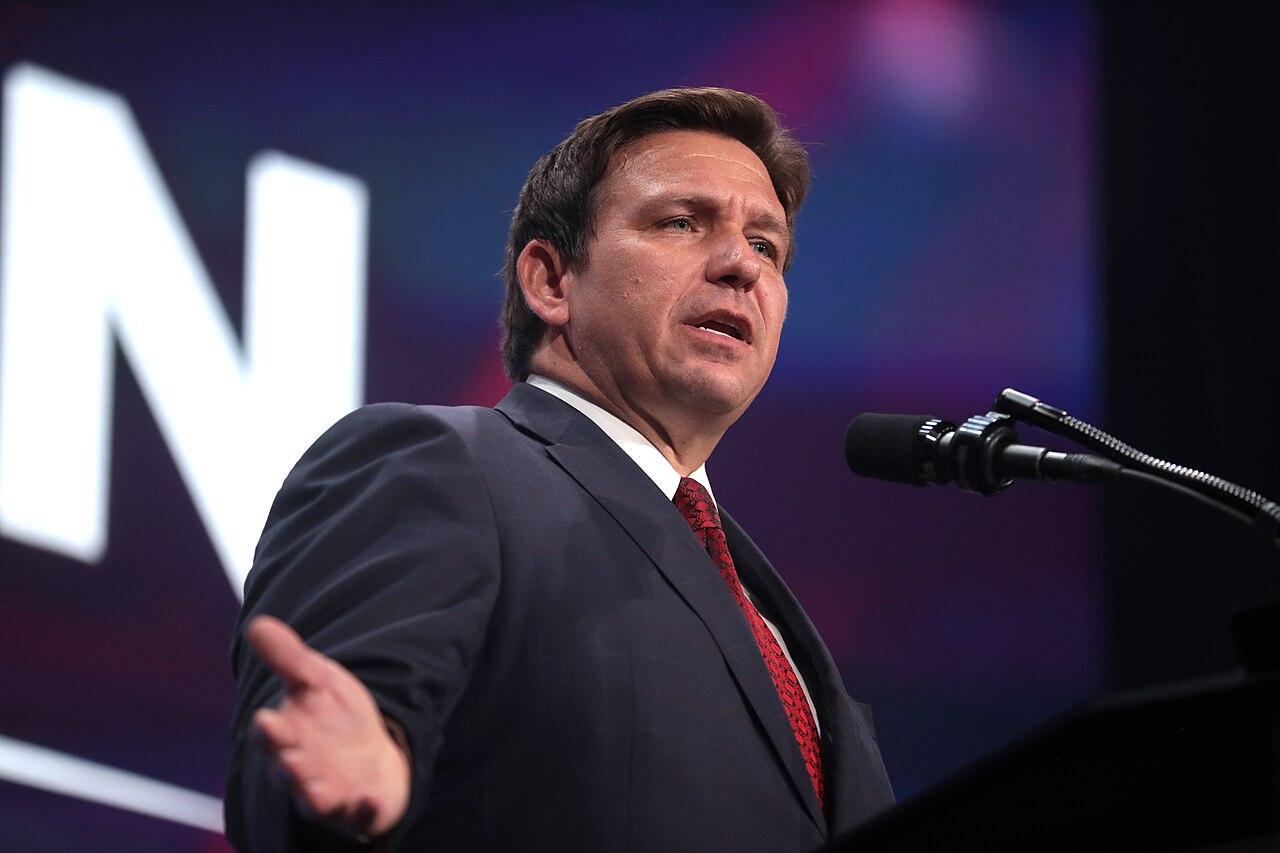
Source: Wikimedia
However, with eviction rates on the rise and assessments doubling, the question remains whether the state can offer a solution that balances safety and affordability.
Will Florida's Condo Market Bounce Back?
Despite the current challenges, some believe the condo market will stabilize once the new safety measures are fully implemented. Developers are already looking to buy up older properties for redevelopment, potentially leading to a condo boom in the future.
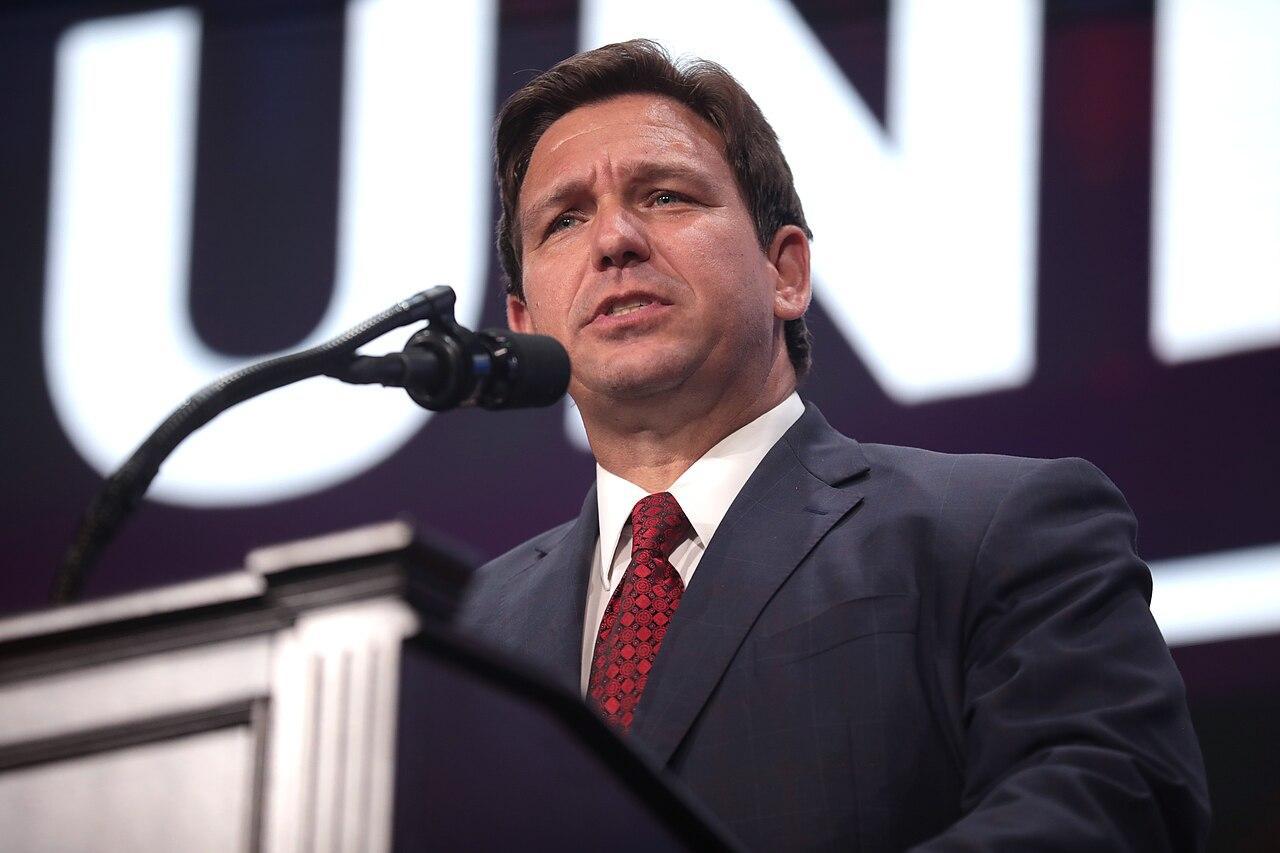
Source: Wikimedia
But for now, both condo owners and renters are feeling the weight of Florida’s new condo safety laws, as they navigate the complex and continuously evolving landscape of real estate.
